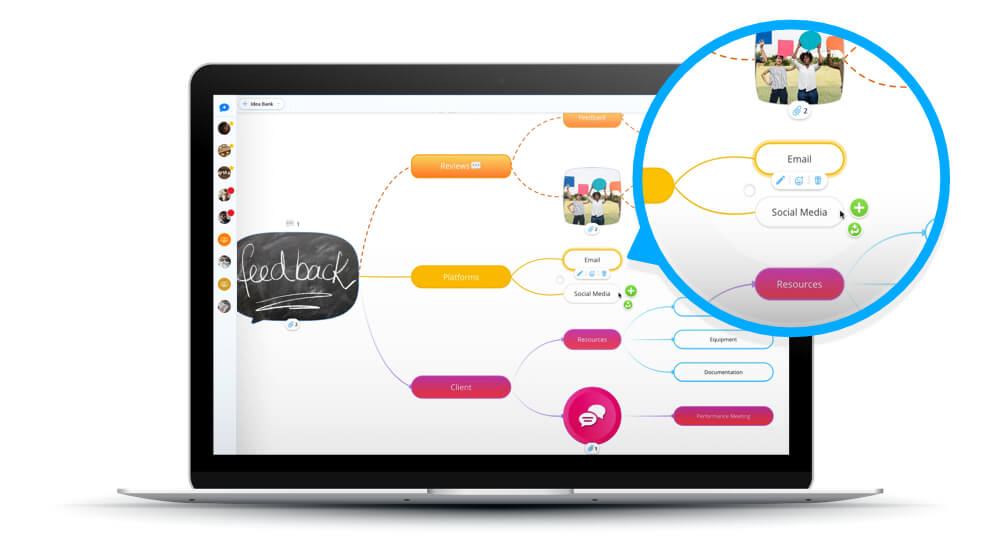October 11, 2021
Mental Health Stigma at Work: 3 ways to beat it

Mental health has become one of those buzzwords. We hear it bandied about so much, and in so many different contexts, that we often forget its real meaning. After all, at its most basic level, it’s a very simple concept; mental health is no different to any other kind of health. It simply refers to the general state of your mental wellbeing, whether it be good, bad, or somewhere in between.
It’s something that relates to everyone – the same way everyone also has a state of physical health and wellbeing. The difference, of course, is that mental health isn’t always as easy to perceive because it’s something we feel on a personal level, rather than something that is easily measured. Mental health is defined by our own internal experience and sense of self. In certain cases of mental illness, there are physical changes to brain chemistry (and mental conditions themselves can have a very real impact on the body), but diagnosis is generally attained through the presentation of emotional symptoms and related behaviors.
This is why it’s so important we are open in talking about mental health, and – as our emotional experiences are omnipresent – continue that conversation in the workplace. That’s why we have put together a little something on why mental health in the workplace matters and three ways we can beat the stigma attached to mental health in work.
Why is there a stigma around discussing mental health in the workplace?
Once upon a time, mental health issues were not as well understood as they are today. There was a taboo attached to mental health struggles, and even common conditions like depression and anxiety were sometimes wrongly seen in a derogatory light. While the world is improving, some of those lingering stigmas and taboos still exist. It’s an issue which can make being honest about mental health struggles difficult for individuals who fear judgement and even reprisal if they are open about their internal worries. This can be especially true in the workplace, where the non-material nature of mental health means that some might fear being accused of being lazy or slacking off if they admit to needing some time away from work due to mental health issues. So, that’s the problem – but how can we move towards resolving it? Keep reading to find out more.
1 – Make mental health workplace protocol clear
One of the biggest barriers to speaking about mental illness in the workplace is not knowing where to begin. All those fears previously mentioned – of judgment or accusation – are all the worse when employees don’t know how to go about reporting the problems they are facing. Making mental health policy clear within your organization will reassure employees that there are systems in place to safeguard them, and steps which can be taken should they need support or some time away from their desk. Oftentimes, offering flexible working measures such as remote working or flexible start and finishing times can make mental health management easier for employees. By being open about these options and the company values that they relate to, companies and HR teams can help to assuage fears surrounding the discussion of mental health in the workplace.
2 – Have open conversations in suitable settings
Our language actually points towards the incredible ability of conversation to make us feel better – whether it’s getting something “off your chest” or the old adage that “a problem shared is a problem halved” – talking about your feelings is one of the most important things when it comes to mental health. That’s why, whether it’s a team member or a colleague, being more open to conversations about mental health can help to break the stigma and normalize a healthy dialogue so that people know it’s okay to not be okay.
Of course, it’s always important that people feel safe and comfortable talking about mental health – especially when it’s their own – which is why you should never push someone to talk in a space or environment that they don’t feel comfortable in. If an employee is looking for a serious conversation regarding mental health, the proper venue and safeguarding procedures should be taken. In order to facilitate both casual and more formal conversations around mental health, employers should consider mental health training which will help to destigmatize the issue and equip people with the skills needed to tackle conversations deftly and with care.
3 – Treat colleagues with kindness and understanding
Amidst our cultural obsession with productivity tips and work quick fixes, we sometimes forget that the basic lessons and values are the most important of all. In adulthood, the reminder to treat people with kindness may feel a little redundant or outdated, like something meant for preschoolers, but it is not as frivolous as you might think. The truth about mental health is that, to others, it is invisible. We all have our own lives outside of work, and we can never truly know what another person is going through. Whether it’s family issues or personal stress, striving to be kind and understanding can help to foster a positive workplace culture that is both happier and more productive. At the end of the day, a considerable portion of our lives are spent with work colleagues – and while we can’t pick them in the same way we might pick friends, it always pays to treat others as you would like to be treated yourself.

The neuro-inclusive collaborative digital workspace
Ayoa is a neuro-inclusive digital workspace that allows individuals to work the way which their brain likes alongside others. Visual mind maps, flexible task management, intuitive whiteboards and more all adapt for neurodiversity to thrive.
Try it for free
